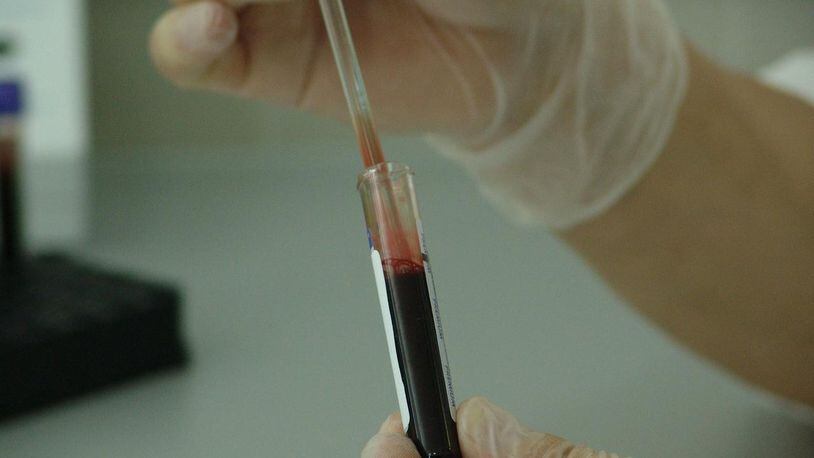They and AID Atlanta have been doing this work via Mobile Testing Units for years in an effort to reach those most at-risk of HIV-infections, and thus attempt to lower transmission rates.
And while budget cuts last year by the Centers for Disease Control and Prevention certainly slowed AID Atlanta down, it hasn't stop them.
They know the work is just too important.
So when the CDC released its findings last week that black men in the South are not being diagnosed enough in traditional health care sites, the folks at the foundation and its partnering agency AID Atlanta were unmoved.
Indeed, for most HIV/AIDS service organizations across this country, the report was hardly breaking news.
"It's good to know that the CDC has now recognized what agencies like AIDS Healthcare Foundation, or AHF, and AID Atlanta have long been aware of," said Imara Canady, spokesman for AHF, a national nonprofit."None of us think that we will be able to address the HIV epidemic facing gay black men if we expect them to only come to one of our facilities."
Here’s what’s really mind-boggling about the CDC findings.
It comes less than 15 months after the federal agency denied AID Atlanta's request for funding, essentially cutting the non-profit's budget by $350,000, money that was used specifically to target prevention outreach to gay black men.
Not only did the denial come without explanation, it arrived one month after the CDC recognized AID Atlanta for its strong track record providing needed services to thousands of metro Atlantans living with HIV/AIDS.
So go figure.
According to the CDC’s own statistics, there are 15,000 people in metro Atlanta who are living with HIV but don’t know their status; there has been an almost 90 percent increase of new HIV infections in the African-American community alone, again predominantly gay and bisexual men, ages 13-24; one in two gay black men will be impacted by HIV in their lifetime; Georgia ranks fifth in the nation for new HIV infections and, in metro Atlanta, Fulton and DeKalb counties rank No. 1 and 2, respectively, in the state.
As it relates to the newest CDC findings, keep these numbers in mind: nearly two-thirds of all black men diagnosed with HIV reside in the South.
“Although black (men who have sex with men, or MSM) received 6 percent of the HIV tests provided, they accounted for 36 percent of the new diagnoses in non–health care facilities,” the study found.
“Black MSM in the southern United States are the group most affected by HIV, but only a small percentage of CDC tests in the southern United States are provided to this group,” it stated. “Increasing awareness of HIV status through HIV testing, especially among black MSM in the southern United States, is essential for reducing the risk for transmission and addressing disparities.”
Without CDC funding, AID Atlanta was forced to halt its Evolution program, which did outreach to gay black men, and lay off its four staff members.
Had it not been for financial support from the AIDS Healthcare Foundation, they would have had to abort that work, according to Canady.
Instead of ending its outreach, AID Atlanta has stepped things up. Considerably.
The mobile testing units, wrapped with visually appealing images and straight-to-the-point messaging, like “Knockout HIV,” have been a boon.
Inside, a team of trained staff provide rapid, free, 1-minute HIV testing.
“The MTU has proven to be a powerful tool for connecting with key populations, like gay black men,” Canady said.
This month alone, he said, the team has tested more than 1,000 individuals, and they have newly diagnosed 20 with HIV.
About the Author
